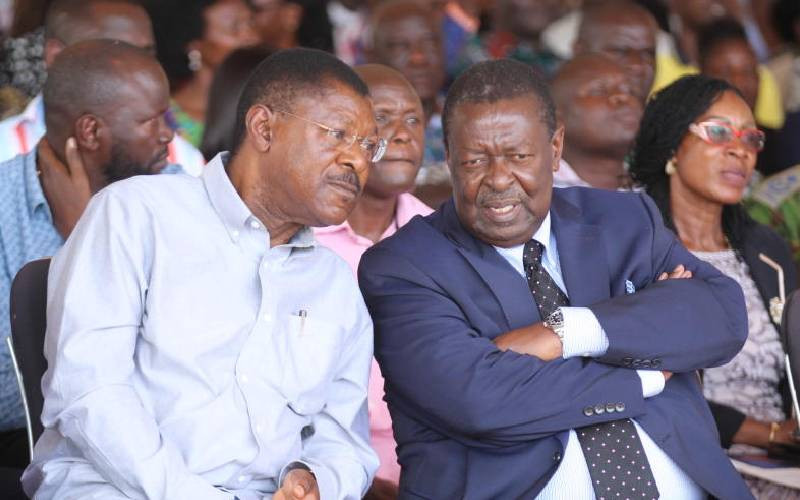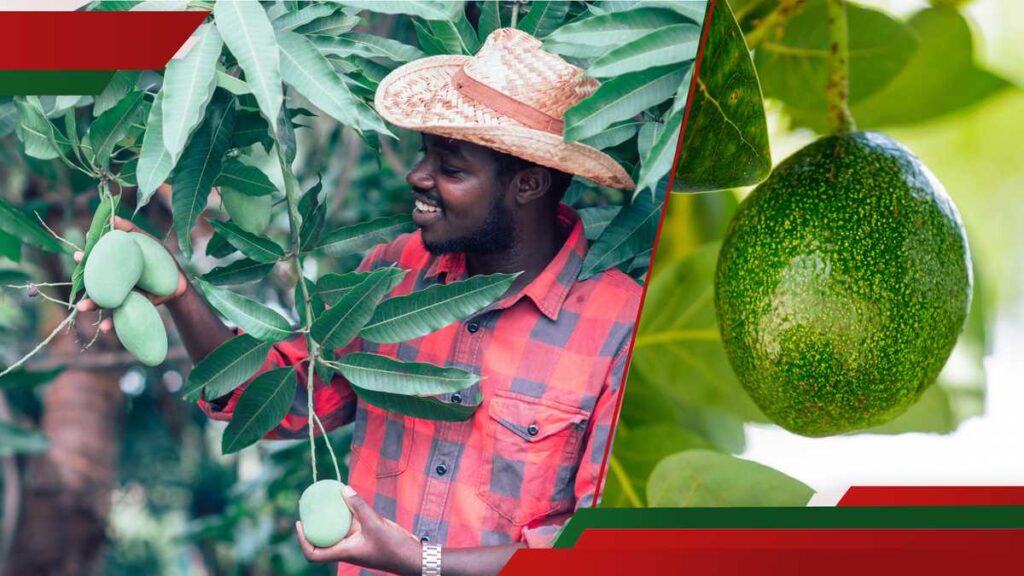Deputy President Kithure Kindiki has assured tea farmers that the government will address the persistent issue of low bonus payments, promising a long-term fix after years of declining earnings.
Speaking during a church service in Nandi, Kindiki acknowledged that while other cash crop sectors have stabilized, the tea industry continues to lag behind leaving thousands of farmers heartbroken.
For many farmers in Nandi, Vihiga, Uasin Gishu, and Kakamega, this year’s bonus payout has been a painful reminder of the struggles they have endured.
From fluctuating global prices to alleged grading inefficiencies, farmers say their sweat is yielding far too little, forcing many households into debt and discouraging young people from engaging in tea farming.
Kindiki admitted that although tea remains one of Kenya’s most valuable export commodities, something is fundamentally wrong with the bonus structure.
“Tea is doing well, but there are challenges on the bonus. The funds reaching the farmer are too low. We need to sit down as leaders so that we can get solutions to why it has gone down,” he said.
“Because agriculture reforms have been delegated to my office, I am going to take up the issue and resolve the bonus problem. We will find a solution. I will call a meeting soon to resolve that.”
His remarks follow mounting pressure from local leaders and farmers’ representatives.
Nandi Senator Samson Cherargei, who has been vocal about the frustrations of growers, said farmers in various counties were earning a bonus as low as Sh10.50 per kilogram — a figure he described as both unfair and unacceptable.
“We have a major problem with the tea sector. This year’s bonus is Sh10.50, yet in other regions people are getting good money,” Cherargei said.
“We must sit and agree. If we continue to get this low pay, I have agreed with other MPs that the testing centre in our area must be modernized. This time and age people are still using tongues to taste tea this is affecting the grading of our tea.”
Farmers argue that outdated systems in tea tasting and grading, coupled with alleged inefficiencies in factory and auction processes, have denied them the value they deserve. Many say that despite rising production costs, especially on fertilizers and labour, their earnings have either stagnated or dropped dramatically.
Some growers have already begun reducing their acreage or replacing tea bushes with alternative crops, fearing that the sector may no longer sustain their livelihoods.
Kindiki, however, assured that the government is committed not only to stabilizing tea earnings but also to improving the broader agricultural environment.
He pointed on efforts to reduce the cost of living, rebuild stalled infrastructure, and reform various agricultural value chains.
Stay informed. Subscribe to our newsletter
“The economy is improving, and the government is doing all it can to ensure the cost of living comes down. Some roads had stalled for eight years. We are now resuming construction because things are getting better. This was the peak of our economic challenge, but God has enabled us, and major commodities are beginning to come down,” he said.
He pointed to ongoing interventions such as the fertilizer subsidy which has reduced prices from Sh7,000 to Sh2,500 and improvements in sugar and coffee production.
“The fertilizer subsidy has helped us reduce hunger and lower the price of food. Sugar production has grown from 500 million metric tonnes to 800 million, and coffee has stabilized,” he said.
The Deputy President also urged political leaders to avoid reckless rhetoric, noting that political tension could undermine national unity and development.
“As leaders, let’s weigh our public utterances. The president has tried to bring harmony among Kenyans. Let’s maintain the national fabric of our country and remain focused on doing right. Let us not incite the public we don’t know what tomorrow holds,” he said.

























